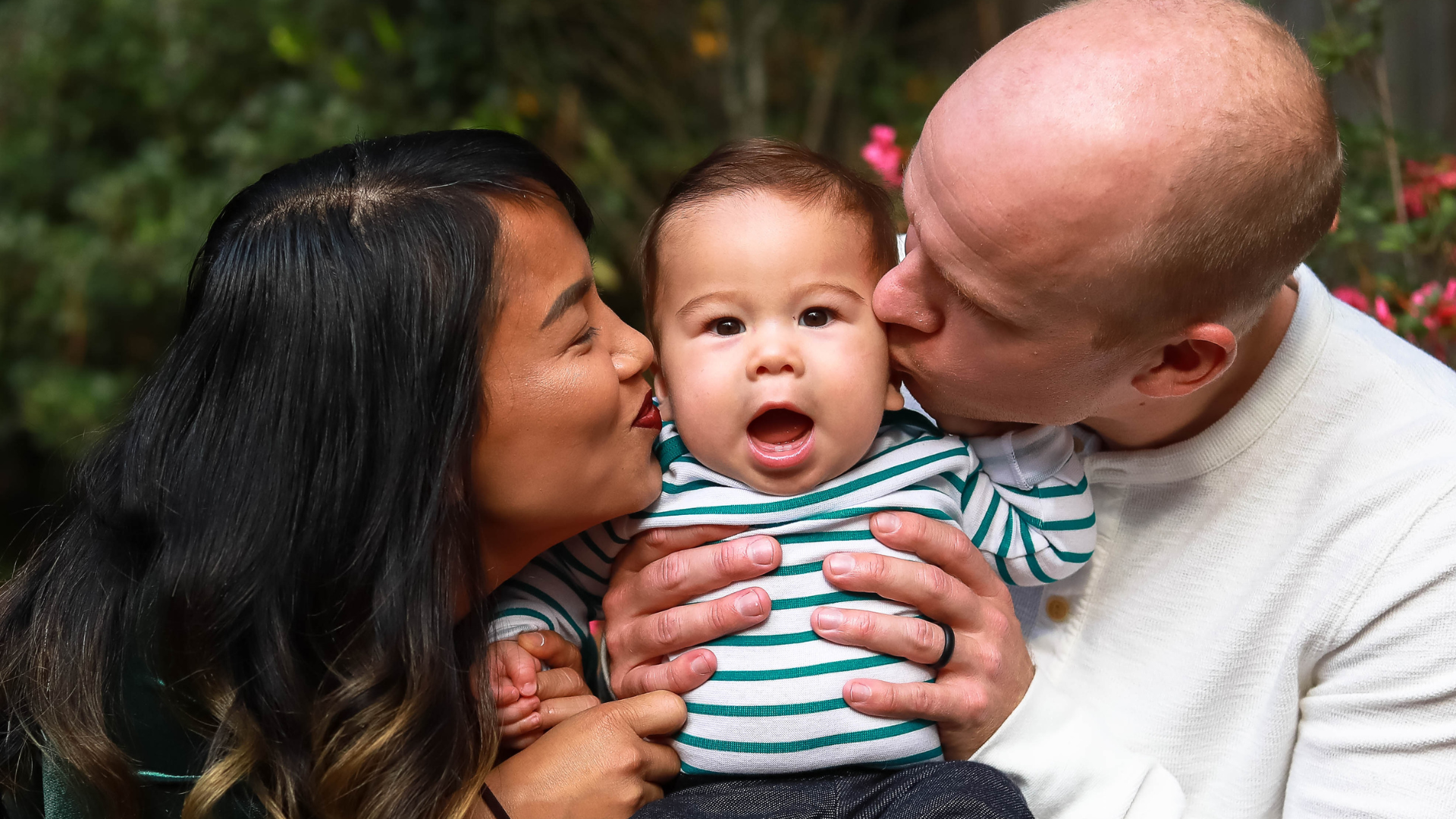
The Benefits of Bonding: How Parents Can Create Secure Attachments in the First Year
Feb 26 , 2023
One of a child's most crucial relationships is their relationship with their primary caregiver. This interaction is crucial in the early years of life because it creates the foundation for the child's later development of strong emotional intelligence and safe attachment. In the first year of a child's life, caregivers—parents, grandparents, or others—play a crucial role in fostering a secure attachment.
The emotional bond that develops throughout the first year of life is known as secure attachment. This connection gives the child a safe foundation from which to explore and engage with the outside world. Moreover, it aids in developing trust and regulating emotions and stress management in children.
The early years of a child's life are extremely important since they can greatly impact their growth and future achievement. According to research, parental involvement during this crucial time can lead to better cognitive, social, and emotional development. This article will discuss the advantages of parental involvement in a child's early years.
Better Cognitive Development
By engaging in activities such as reading, talking, and playing with their child, parents can stimulate their brains and help them develop important cognitive skills. This can set the foundation for future academic success.
Stronger Parent-Child Bond
Parental involvement in a child's early years of life can also result in a stronger parent-child relationship. Youngsters may feel more secure and trusted when their parents are actively involved in their care. This may benefit the child's emotional growth and assist them in forming wholesome relationships in the future.
Boosting Social Skills
Better social skills in infants can also be attributed to parental involvement. Children have more opportunities to interact with others when their parents participate in activities with them, such as playdates, library story time, or community events. Necessary social skills like sharing, taking turns, and good communication can all be developed through this.
Improvement of Language Development
Increased language development in children can also result from parental involvement. Parents can help their children develop essential language skills, such as vocabulary and grammar, by talking and reading to them. This can set the foundation for future academic success and can help the child communicate effectively with others.
Positivity related to learning
Family involvement in a child's early years can also foster a good attitude toward learning. Parents who read to their children, play educational games with them, and take them to educational events might influence their perception of learning as a pleasurable and valuable activity.
Better Health and Nutrition
Finally, parental participation can improve kids' diet and health. Parents are more likely to feed their children wholesome meals and make sure they get adequate exercise when they are actively involved in their child's care. The physical and emotional well-being of the youngster may benefit from this.
Greater Self-Esteem
Finally, parental involvement in the first years of a child's life can positively impact their self-esteem. Involvement in their child's life can provide them with a sense of security, love, and acceptance. This can have a lasting impact on a child's self-confidence and self-esteem.
